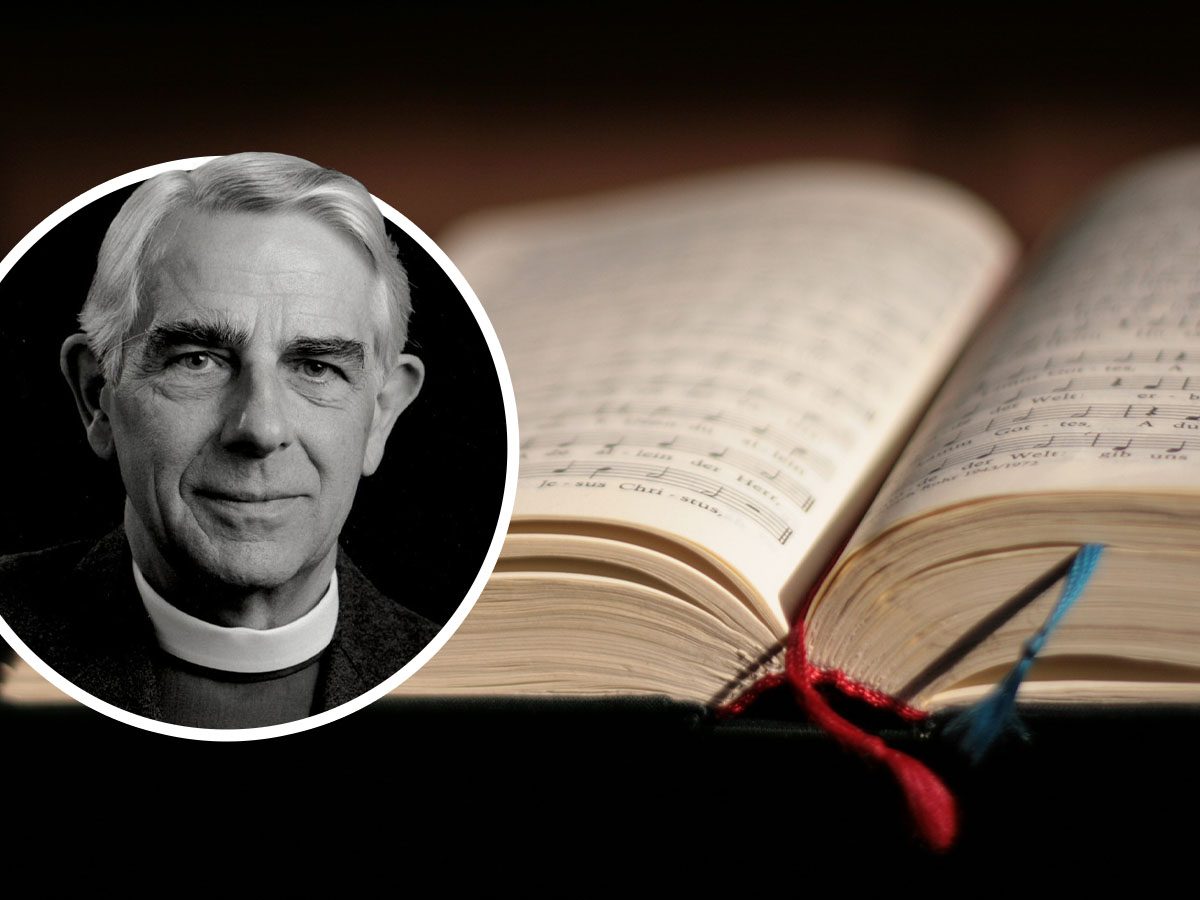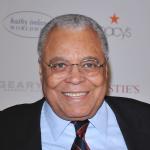
Timothy Dudley-Smith, a former bishop in the Church of England and one of the most prolific hymn writers of the 20th century, passed away on August 12, 2024, at the age of 97. Revered for his lyrical contributions to Christian worship, Dudley-Smith’s hymns have inspired countless believers across the globe. As the world mourns his passing, it also celebrates the rich legacy he leaves behind—a legacy that continues to resonate in churches and Christian communities worldwide.
Born on December 26, 1926, in Manchester, England, Timothy Dudley-Smith was raised in a devout Christian family, which undoubtedly influenced his lifelong commitment to the Church and his deep-rooted faith. His early education at Cambridge prepared him for his ordination in 1950, after which he began his ministry as a curate at Northumberland Heath in Kent. This marked the beginning of a long and distinguished career in the Church of England, where he would serve in various capacities, including as Archdeacon of Norwich and eventually as Bishop of Thetford from 1981 to 1991.
Dudley-Smith was not just a man of the cloth; he was also a man of profound vision and dedication to evangelism. His support for the evangelistic efforts of the Rev. Billy Graham, particularly during Graham’s 1954 London crusade, underscored his commitment to spreading the Gospel far and wide. His leadership extended beyond the pulpit, as he served as General Secretary of the Church Pastoral Aid Society from 1965 to 1973 and as Director of the Evangelical Alliance from 1987 to 1992. His influence in these roles helped shape the direction of evangelicalism in the United Kingdom during a critical period.
While Dudley-Smith’s ecclesiastical roles were significant, his contributions as a hymn writer have cemented his place in the annals of Christian history. He is credited with writing the lyrics for approximately 400 hymns, which have become staples in Christian worship services around the world. Among his most famous hymns are “Lord, for the Years” and “Tell Out, My Soul,” both of which have become timeless pieces of sacred music.
Despite his modest admission of having “no musical ability,” Dudley-Smith possessed a remarkable gift for expressing the deep truths of the Christian faith in poetic form. His hymns are characterized by their theological depth, lyrical beauty, and emotional resonance. In a statement, the Rt. Rev. Graham Usher, Bishop of the Church of England Diocese of Norwich, noted that Dudley-Smith’s hymn “Tell Out, My Soul” has “encouraged many people in their Christian faith” and has inspired others to “add their ‘yes’ to God’s call in their lives.”
Dudley-Smith himself once remarked on the unique role of a hymn writer, saying, “It is the hymn writer’s privilege to offer to the worshipper’s words in which to clothe and express the aspirations and emotions of the heart.” He believed that a good hymn must be true to divine revelation and Christian experience, and his body of work reflects this conviction. His hymns are not only expressions of worship but also profound reflections on the nature of God, the person and work of Christ, and the human condition.
In recognition of his contributions to hymnody, Dudley-Smith was awarded the Order of the British Empire in 2003. This honor was a fitting tribute to a man whose hymns have brought comfort, inspiration, and spiritual enrichment to so many. His work continues to be a source of strength for Christians facing the joys and challenges of life, offering them a language through which to articulate their faith.
Timothy Dudley-Smith’s legacy is found not only in his hymns but also in the lives of those he touched through his ministry and leadership. He was a man who understood the power of words—whether in a sermon, a letter, or a hymn—to move hearts and minds toward God. His influence can be seen in the ongoing vitality of the Church of England and in the countless worshippers who continue to sing his hymns with enthusiasm and devotion.
As we reflect on Timothy Dudley-Smith’s life and contributions, we are reminded of the enduring power of faith, service, and song. His life was a testament to the impact that one person’s dedication to God can have on the world. Though he has passed from this life, his words—and the faith they express—will continue to echo in the hearts of believers for generations to come.


